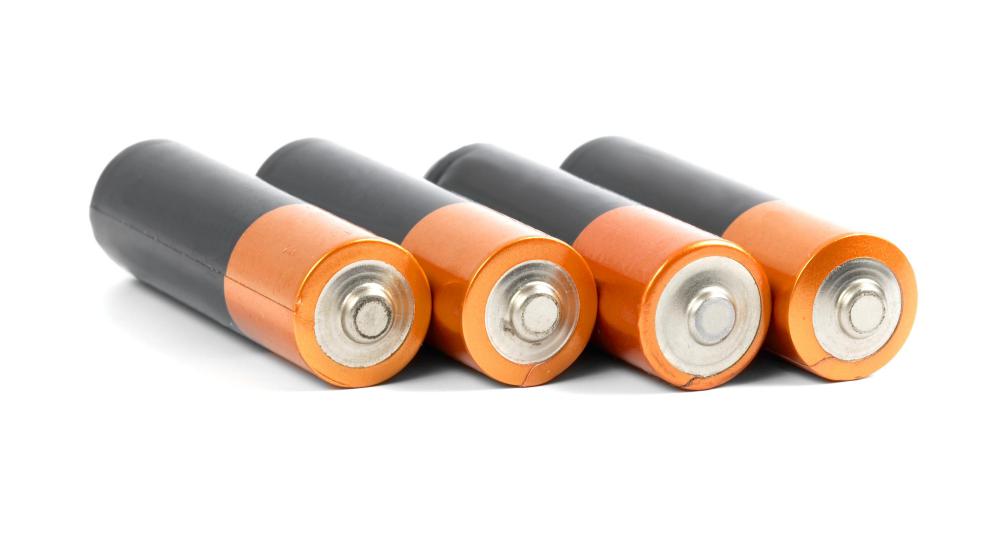At WiseGEEK, we're committed to delivering accurate, trustworthy information. Our expert-authored content is rigorously fact-checked and sourced from credible authorities. Discover how we uphold the highest standards in providing you with reliable knowledge.
What are the Pros and Cons of a Battery Operated Carbon Monoxide Detector?
Carbon monoxide detectors are just as important as smoke alarms for the home; carbon monoxide is an odorless, invisible gas that can be deadly. It is important to install a carbon monoxide detector on every floor of the house, and in the bedrooms. A battery operated carbon monoxide detector can be one option, though there are pros and cons for it; the obvious pro is that it works when the power goes out.
Many carbon monoxide detectors simply plug into the wall, but then when the power goes out, they will stop working. Unfortunately, one of the more common times for carbon monoxide to enter the home is when the power is out. Some electric carbon monoxide detectors offer a battery back-up, which may kick in if it loses its power source. However, people often do not remember to change the battery regularly for the battery back-up, which can defeat the purpose.

A battery operated carbon monoxide detector, on the other hand, does not need to plug into the wall, so it works whether the power is working or not. It simply runs off a battery, and will generally beep when the battery runs low. Another advantage to the battery operated carbon monoxide detector is that it can be placed anywhere; there is no need to put it near an outlet, it can be set up anywhere in a room. In general, it is a good idea to place the battery operated carbon monoxide detector away from a fan, which can affect the readings.

The disadvantage to a battery operated carbon monoxide detector is that the battery can die, and then the carbon monoxide detector will not work. Most feature a low battery alarm, but it is best not to let the battery get that low in the first place. It is a good rule of thumb to change the batteries in the carbon monoxide detectors and the smoke alarms in the house when the time changes, or every summer and winter. This will ensure that the batteries are always fresh and working, and one will never need to wonder when the batteries were last changed.

Because there are pros and cons to each type of carbon monoxide detector, it may be a good idea to get a few of both. Some are also combined with smoke detectors as well, so it is not necessary to purchase a number of different devices. Others may be connected wirelessly, so if one detector goes off somewhere in the house, all of them will go off. These are a great idea for safety in larger homes.
AS FEATURED ON:
AS FEATURED ON:














Discuss this Article
Post your comments